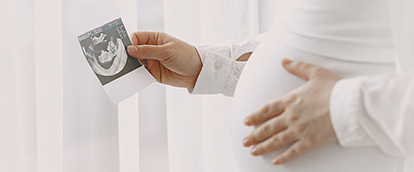


Obesity has become prevalent worldwide and is increasing to an epidemic level. Obesity mainly occurs when fat accumulates in the body at 20% or above the normal body weight. When the excess calories that are consumed are not burned off by activities or exercises, it results in an obese individual. Obesity can be linked to food addiction, heredity or a result of hormonal imbalance. In females, obesity can lead to numerous problems like social, psychological and health problems and can play a significant role in reproductive disorders in females.
Obese females can be subjected to fertility treatments only after treating them to reduce their weight to bring it under control. Some of the methods are:
First-Time-Visit